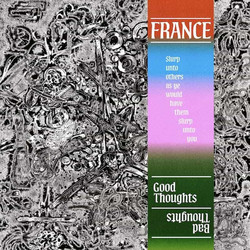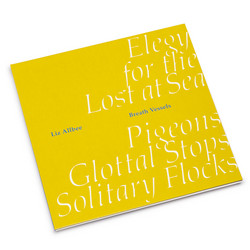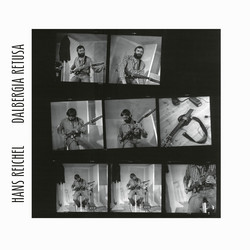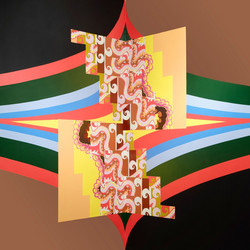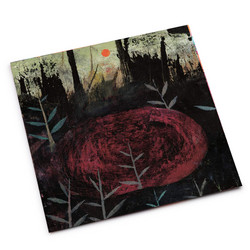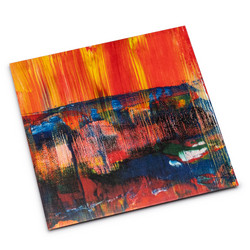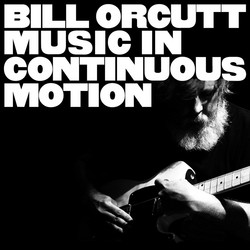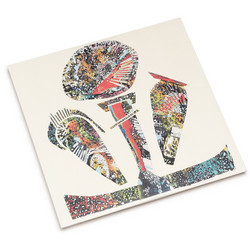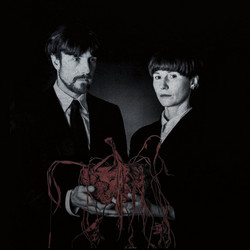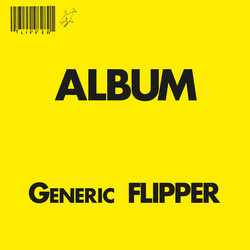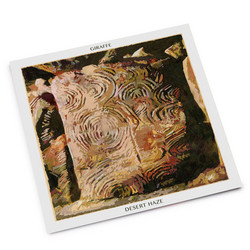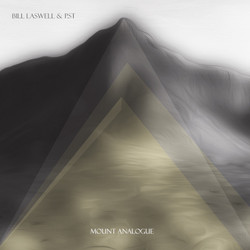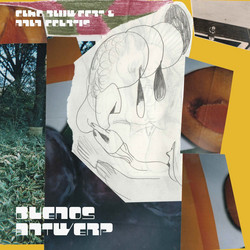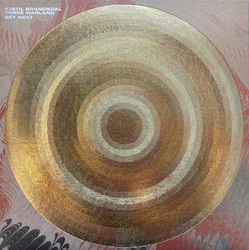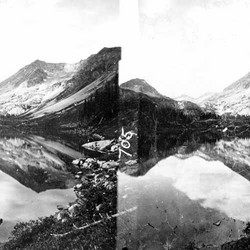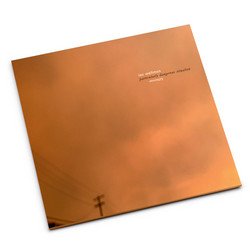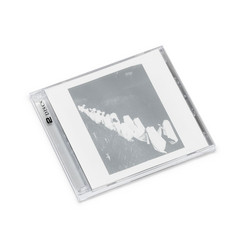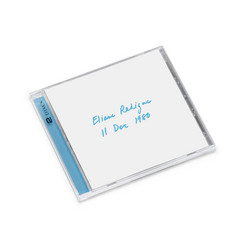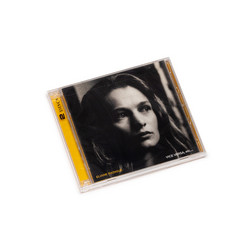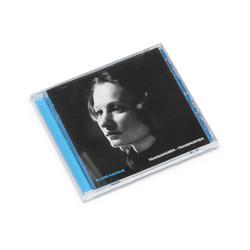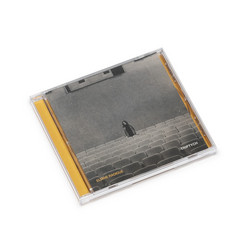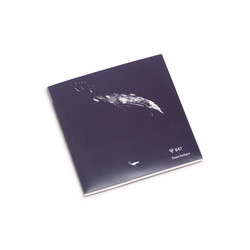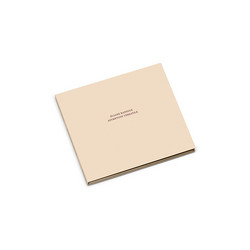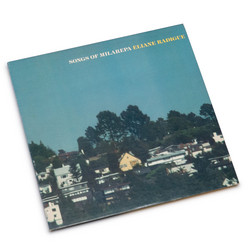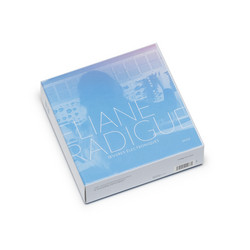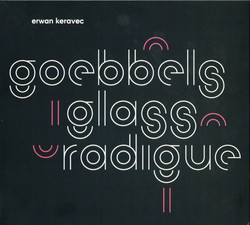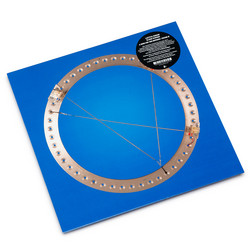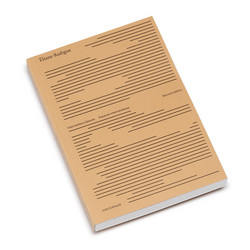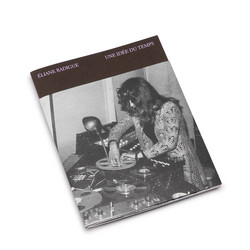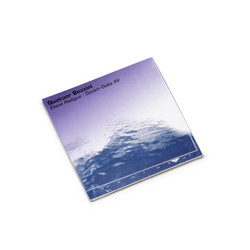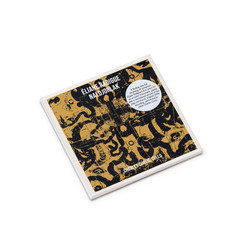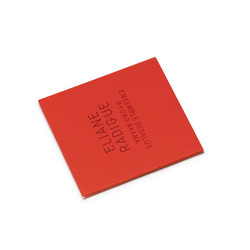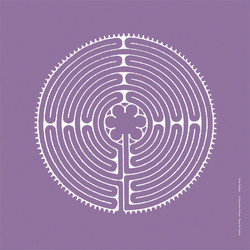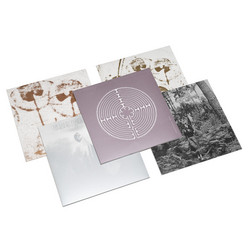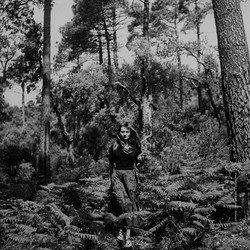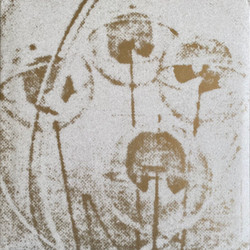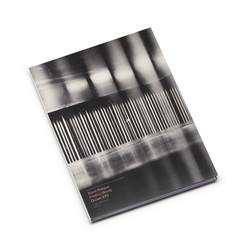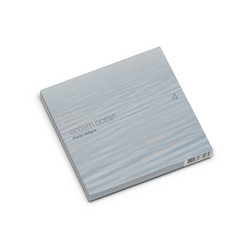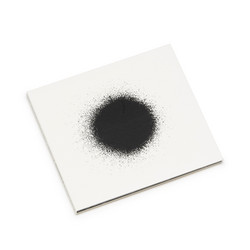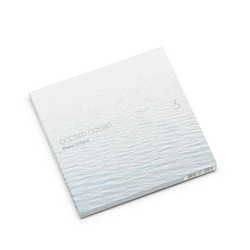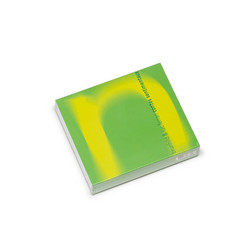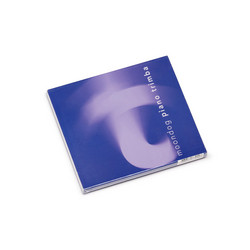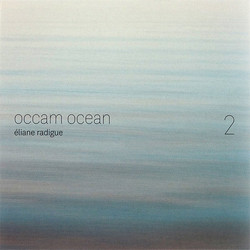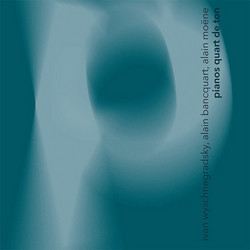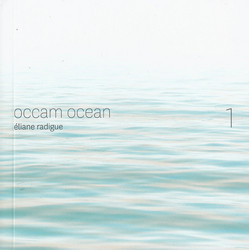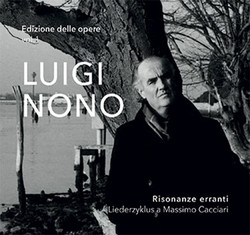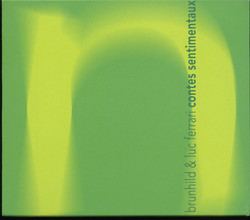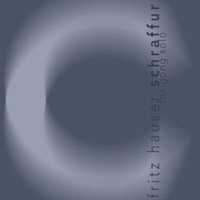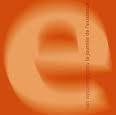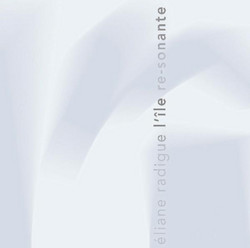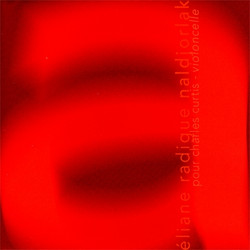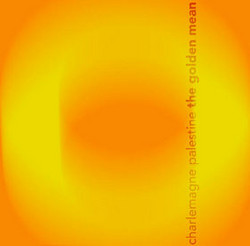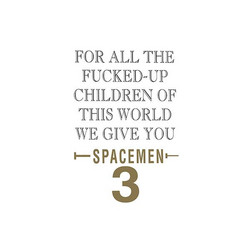Eliane Radigue
Naldjorlak I, II, III (3CD box)
2018 much-needed repress, reduced price! The Naldjorlak trilogy composed between 2004 and 2009. 'Naldjorlak I' for cello. Charles Curtis. 'Naldjorlak II' for two basset horn. Carol Robinson and Bruno Martinez. 'Naldjorlak III' for two basset horn and cello. Carol Robinson, Bruno Martinez and Charles Curtis. Recorded in Paris, June and September 2011 by Daniel Deshays. The recording of 'Naldjorlak I' is diofferent from the first one issued by the label. 'There is no score of Naldjorak and never will be. It was a mutual friend of Charles Curtis and Eliane Radigue who gave her the idea of composing a piece for cello. The work came into being, little by little, during sessions between the composer and the instrumentalist. Radigue speaks of choosing from among sounds proposed by the musicians, whereas Charles Curtis explains having learned to listen like Radigue, that she led him 'to be sensitive to sonic details that normally pass by us, unnoticed'. When seated in front of her ARP 2500, Eliane Radigue was in the position of a listener: she would listen to her own music as it unfolded beneath her fingertips. What she does today is rather similar, which explains why her music has not been radically transformed in passing it to acoustic instruments: she continues conversing with her instrumentalists in the same way she had lived for years with her 'Jules' (the French nickname for boyfriend that she gave to her synthesizer), dialoguing and listening on a one-to one basis. I like the idea that Eliane Radigue is a composer totally unhindered by scores and thus a part of the great historical lineage of the avant- gardes. Yves Klein practised Judo as a performance art and sold 'immaterial sensitivity' at the price of gold. John Cage appreciated Zen and taught us to listen to what is found in silence. Eliane Radigue, with a perfect grasp of Tibetan thought, invites us to apprehend space and time in another way. This is perhaps the true lesson of Naldjorak (the title, invented by the composer to approximate Tibetan, evokes the concept of union): a spirituality liberated from all mysticism and from texts (or scores) too heavy to bear. Simply learn to listen to the 'almost nothing', without having any need for a visual trace.' Thibaut de Ruyter, translated by Jeffrey Grice.
